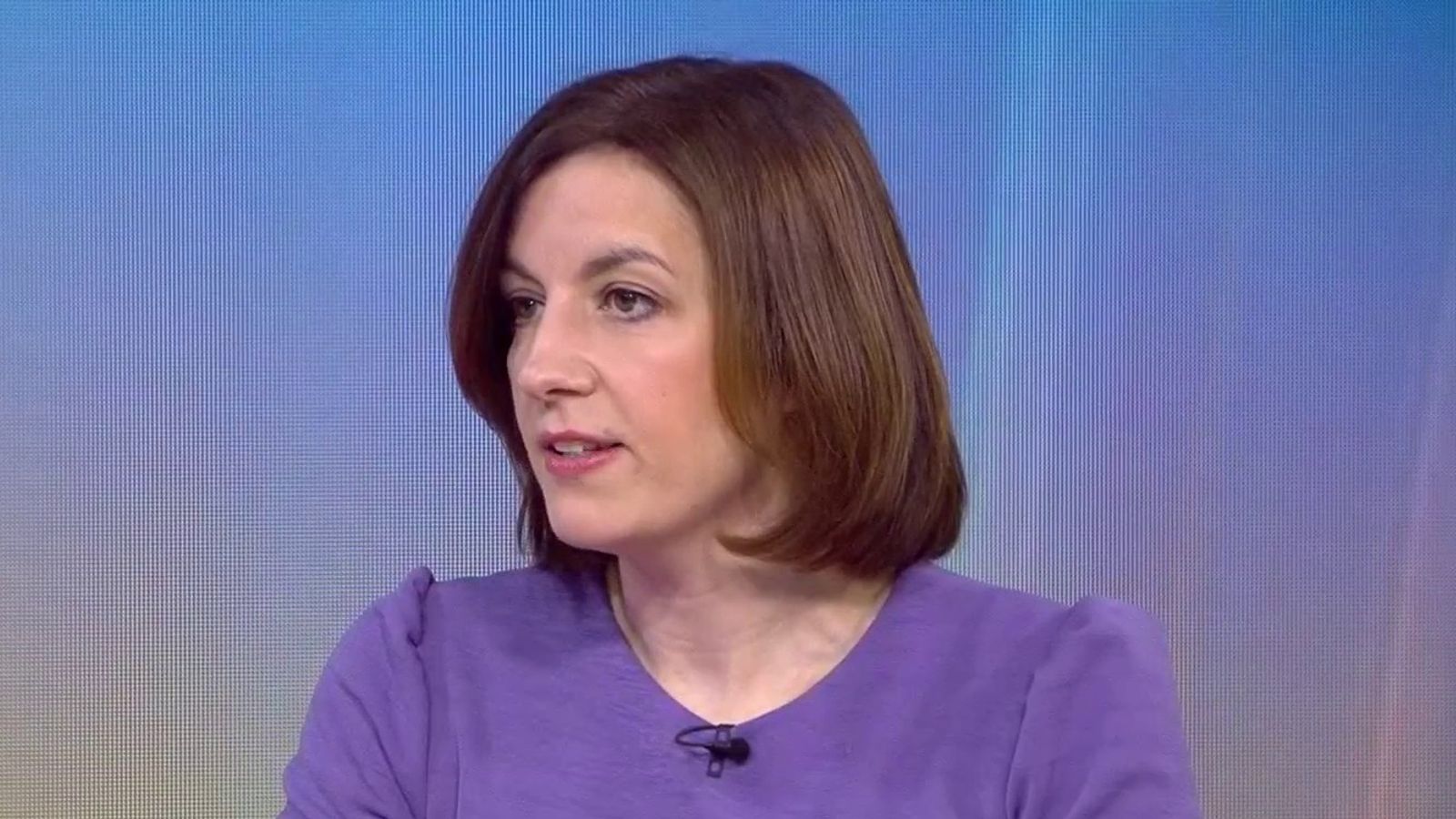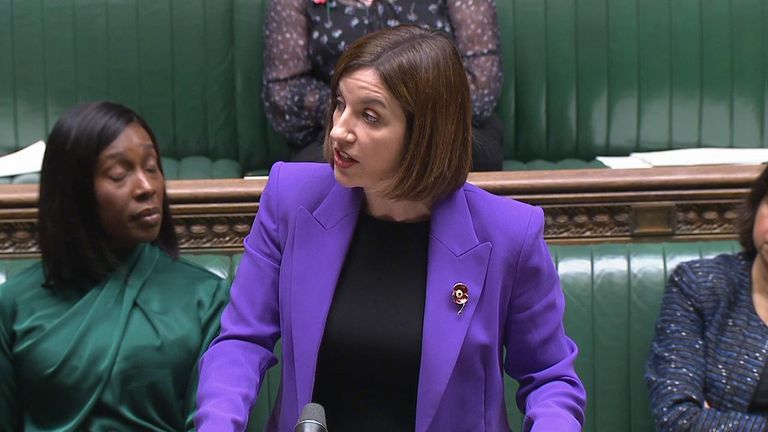Labour says it will introduce additional mental health counsellors to secondary schools as part of its plans to tackle rising pupil absences.
The party says the UK is facing a “generational challenge”, as more than 88,000 secondary school students missed at least half of their education last year.
Labour’s education pledge comes as a poll conducted for the Centre for Social Justice (CSJ) suggested almost a third of parents believe it is not essential for children to attend school every day.
The thinktank’s report, which questioned 1,206 parents during December 2023, found 28% felt that way, and only 70% of parents are confident that their child’s needs are being met – a figure which drops to 61% at secondary school.
A report by a committee of cross-party MPs released in September last year said that mental health support for children struggling to attend school was “grossly inadequate”.
As well as the introduction of more mental health counsellors in secondary schools, Labour is pledging to put “mental health hubs” in every community and offer universal free breakfast clubs for every primary school pupil if it gains power.
Shadow education secretary Bridget Phillipson will deliver a speech on Labour’s vision for schools on Tuesday, where she is expected to lay out a plan for tackling high rates of persistent absence.
She said the “broken relationship between schools and families” needs fixing.
The Conservatives “are only tinkering around the edges of a generational challenge,” Ms Phillipson said.
She added: “Persistent absence has reached historic levels under the Conservatives, beginning even before the pandemic, and they cannot be trusted to fix a problem that they have caused.
“Only Labour has a long-term plan to tackle the attendance crisis and drive the high and rising standards our children deserve.”
Read more:
How COVID made ‘ghost children’ problem worse
Schools adopt child’s preferred gender ‘without mum’s consent’
Figures released in September last year showed that more than 1.7 million children were persistently absent in 2021/2022, meaning they missed 10% or more of school.
The government has previously committed to introducing a children-not-in-school register, which would make it easier to track which pupils were being electively home-educated, flexi-schooled, or receiving alternative education in an unregistered setting.
Education secretary Gillian Keegan reiterated the government’s intention to introduce the register in November last year but didn’t say when the plans would be brought before parliament.
She said there was “a lot of work going on”, and referenced a consultation that was launched on revised elective home education guidance.
“The consultation is open until 18 January 2024. So there is a lot of work going on and we do intend to bring forward that legislation,” she said in the Commons.

